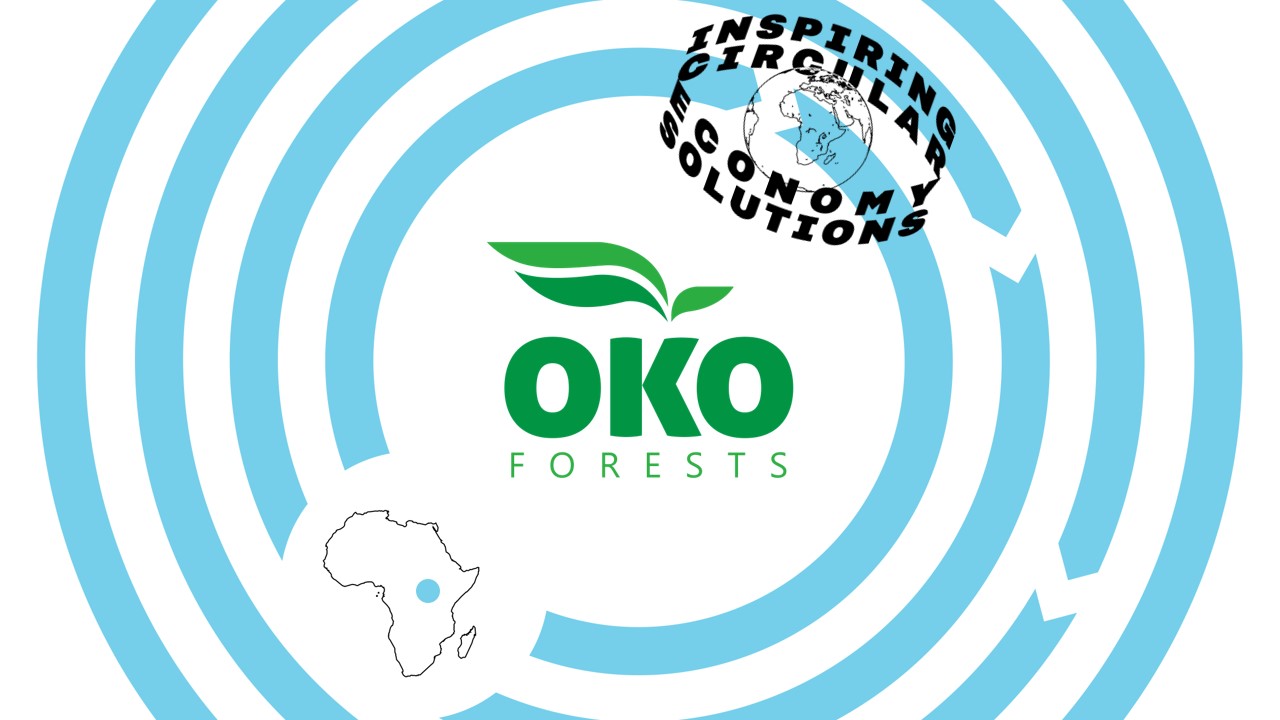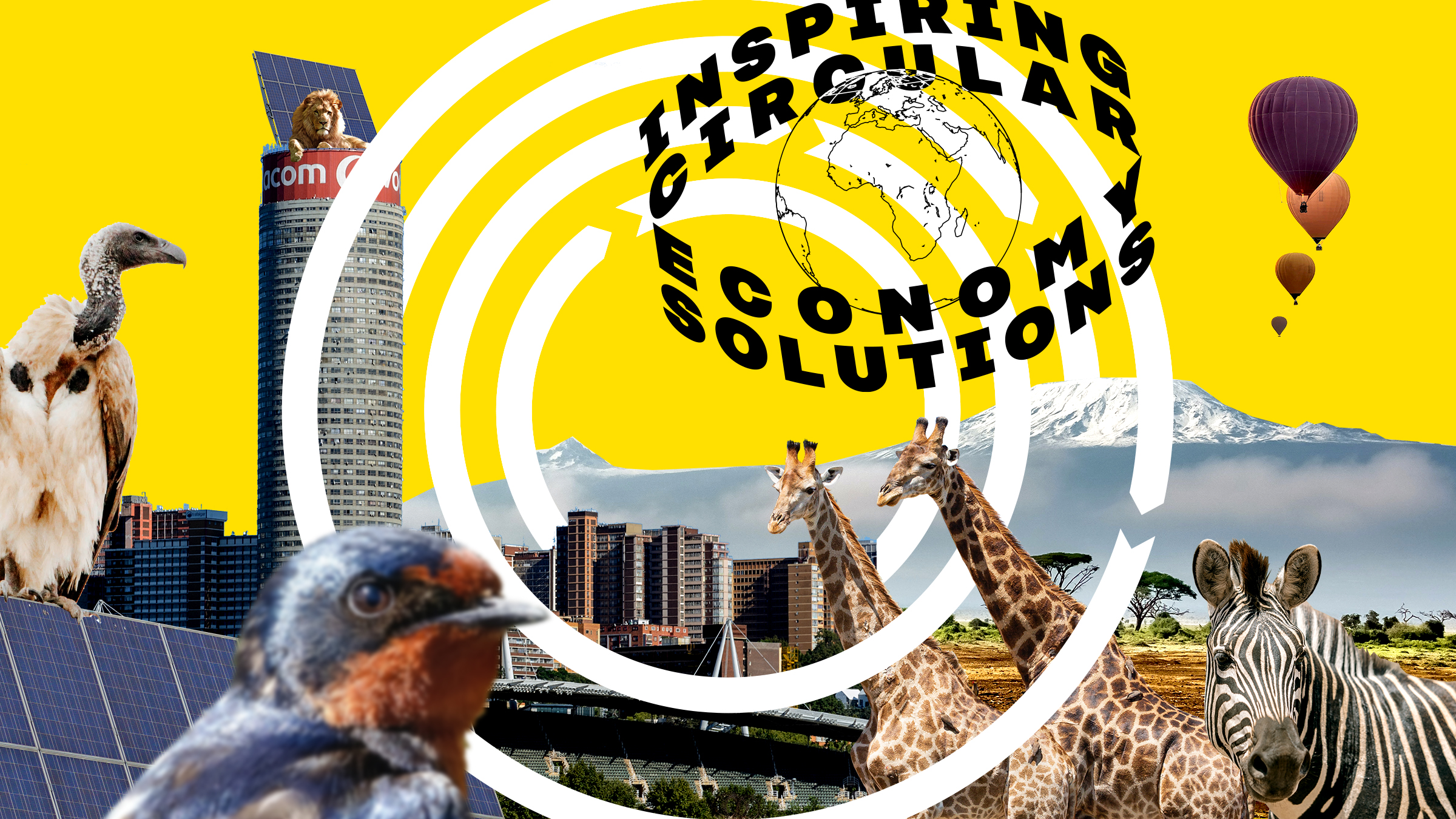Forests the size of Iceland are destroyed every year, and much of this newly deforested land goes to unsustainable agricultural practices. Ghana’s OKO Forests sees agriculture and forestry as part of one solution.
Problem
Deforestation is a critical problem throughout much of the world. Global Forest Watch says Ghana has lost 1.4 million hectares of tree cover in the past twenty years, which is equivalent to a 20 per cent decrease.
Much of Ghana’s deforestation is due to land use changes, particularly for agriculture. Yet Ghanian farmers have problems as well: in 2018, a study by Mwanza and Wilkins found over 80 per cent of land titles lack the documentation to prove ownership. You are less likely to invest in long-term sustainable solutions if you might lose possession of the land you are farming.
Solution
OKO Forests saw a way to help solve all of these problems. The company’s work takes place in a buffer area around the Kogyae Strict Nature Reserve near Kumasi in south-central Ghana. They hold a 50-year lease of 85 acres divided between 22 farmers.
Training with regenerative agriculture methods and cash crops such as casava could help farmers take better care of the land while improving their cash flow. Planting trees would fight deforestation and could even be sold as carbon credits. The problem with proving land ownership could be solved with blockchain technology, a decentralised digital ledger.
Business potential
OKO Forests sells the cash crops grown by the farmers. In addition, they sell carbon credits for planting trees.
The company has partnered with a Ghanian-American company to develop its blockchain solution.
Social and environmental impact
The workshops and educational material help farmers adopt more sustainable agricultural practices. In 2021, 60 farmers participated in their workshops, 70 per cent of whom were women.
OKO Forest’s farmers have planted 35,000 seedlings to fight deforestation and remove carbon from the atmosphere. One tree could absorb a tonne of CO2 over a 100-year lifespan.
Also, if OKO Forest’s blockchain ledger for land ownership gets perfected and accepted by relevant authorities, it could help protect smallholder farmers and reduce corruption.
Future
The company has received support from the public sector and educational institutions, and this is likely to continue. Yet financing is a challenge, at least through traditional channels. The great global excitement about blockchain solutions could prove beneficial as an alternative financing route.
Want to learn more about circular economy solutions in Africa? This year’s World Circular Economy Forum will take place in Rwanda on 6–8 December. Check out the programme and register for online participation.


Inspired?
Check out all solutions.